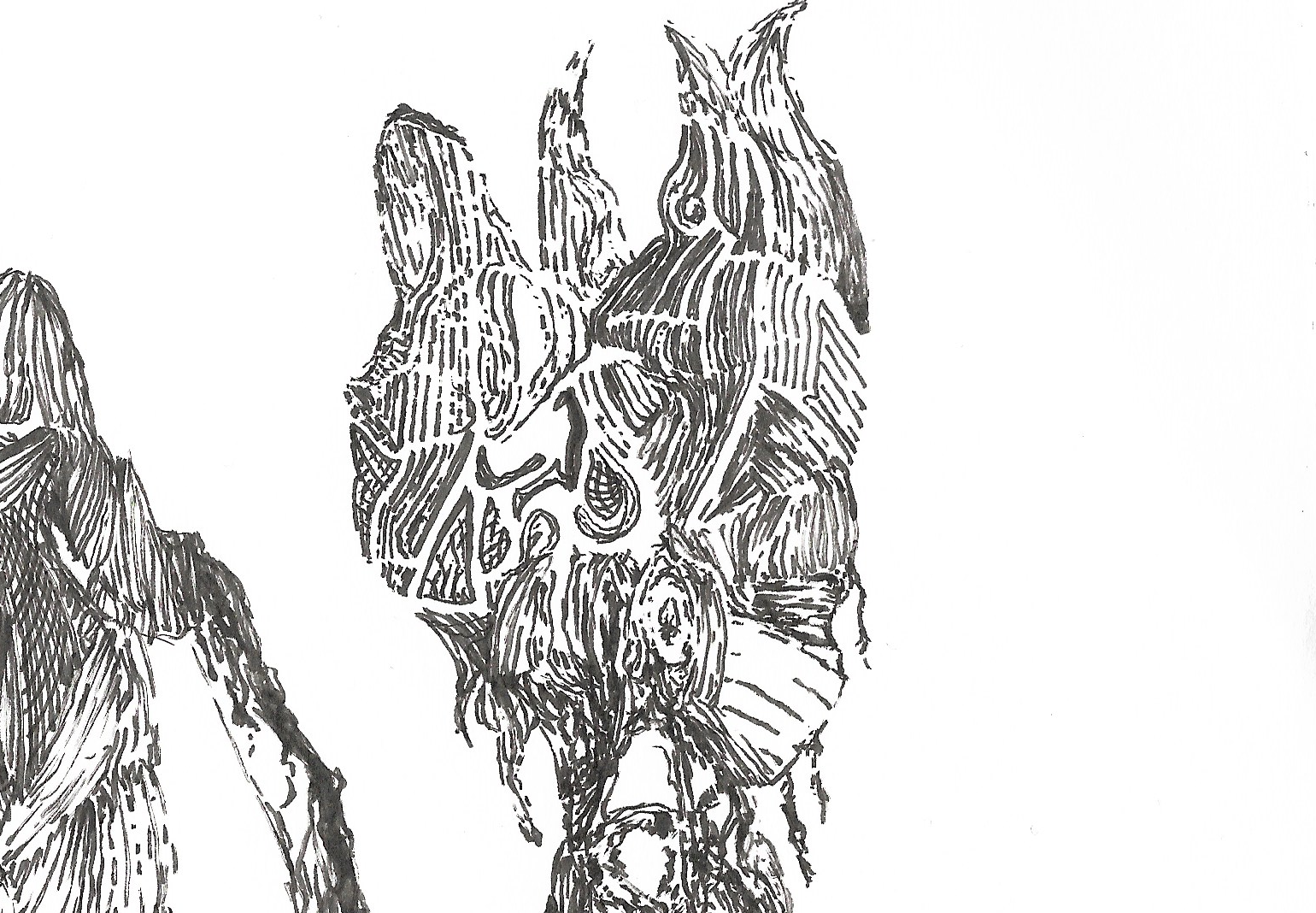I’ve had a love of history generally, and I know a bit more than most about the Roman empire, and that’s kind of a red flag i guess, but I genuinely think they’re one of the worst things to ever happen to the world, much as i find the endless stream of civil wars and coups to be very fun to read, the brutality of their empire wouldn’t be surpassed until England somehow went from a backwater to a globe spanning empire and to be quite honest i’m not a fan of them except as a gateway to knowing what some of my ancestors got up to.
Weird Ass Rome Guys are why the American feds are the way they are, it’s obvious there is something deeply wrong with how Rome gets portrayed in popular media and stuff that makes this a seemingly wide-spread phenomenon, but honestly what’s with the glorification of Rome? is it downstream of American Nationalism? No, that can’t be, because Rome Guys go back so far we have popes making fake roman states and tsars and sultans trying to prove their dick is the most Roman. It’s hard to miss a lot of Rome Guys are pretty regressive people. Like, you don’t ever think something like “Augustus was a role model” unless you’ve got some twisted bullshit shit going on in your heart.
It makes me uncomfortable to engage with the history sometimes, because Rome Guys are always listening and ready to project their noble fantasy of them and the idiot narratives of Rome’s decline as a sickness caused by foreign invaders sure does sound like deeply right wing revisionist history to me, but I’ve never really thought through the how and why of these guys, i wanted to solicit Hexbear’s thoughts.


Per Dr Eleanor Janega, Rome guys are continuing the Roman tradition of pondering the last ‘cool’ empire. Romans pondered the Greeks, now Americans ponder Rome. I think a lot of the Rome/Greek pondering in America was about justifying slavery. Hence why there’s a Parthenon in Nashville. The Romans were a “democracy” with a slave underclass, so it’s actually cool and normal to do that.
certainly worth pointing to the amount of roman legal scholarship trying to make sense of slave ownership as well
Need a version of the “this is fine” gif but instead of fire it’s a household of enslaved people and instead of a dog it’s a Roman guy and/or Rome Guy
Oh god does that mean there will be US ponderers as well after the empire has collapsed?
already are
it’s interesting that the British empire gets overlooked in this. structurally the US is far more similar to that than it is to Rome at any point in its history.
I think Britain-American relationship is a bit unique because the British did not collapse and then get re-discovered and idealized by the American nationalists. Instead we came from them, rebelled against them and then surpassed them - after WW2 and their defeat in the “Suez Canal Crisis” they officially handed off the financialized anglo naval trade empire to the Americans. In exchange they got to live the imperial core lifestyle but without any need to dirty their hands much. It’s the same empire continued and reformed, not a reactionary project out of whole cloth from our imaginations like Rome-boos did.
The British were Rome-boos and used it to justify their empire. Americans come from the British directly, a British offshoot that overtoook it so we are Rome-boos as well. The sacredness of Rome is part of the American civil religion, with Roman architecture and art style being mimicked for all the founding father propaganda and framing. Obviously they weren’t going to immediately start glorifying the British that they had just broken off from and had a rivalry with, so they had to reach back further.
yeah, the UK/US relationship is a bit more like rome vs constantinople :)
the empire remained (more or less), but the capital moved.
There was also the idealistic liberal view of the Roman Republic and its aristocracy as having a degree of stability and security for the elite that feudalism only guaranteed to a select few of the most special good boys the crown liked the most, and they wanted to create a system that protected themselves from an institutional power above themselves, the public, and each other.